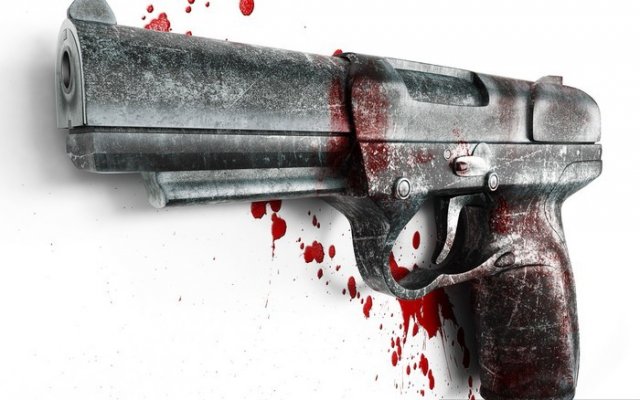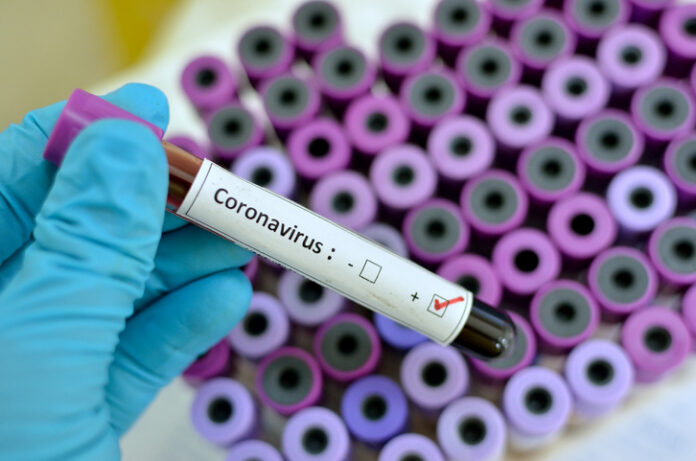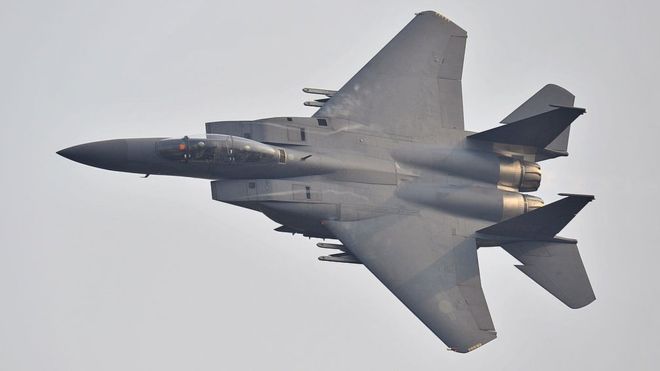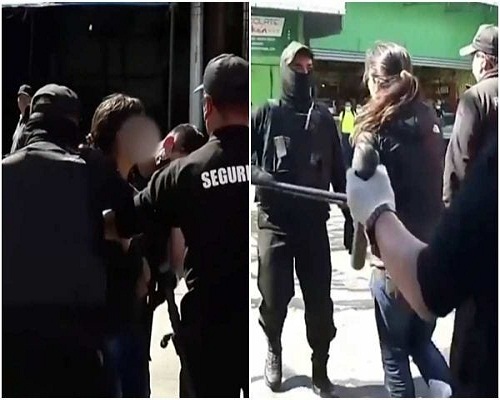South Africa’s Zondo commission report: Scandal, bullying and fear

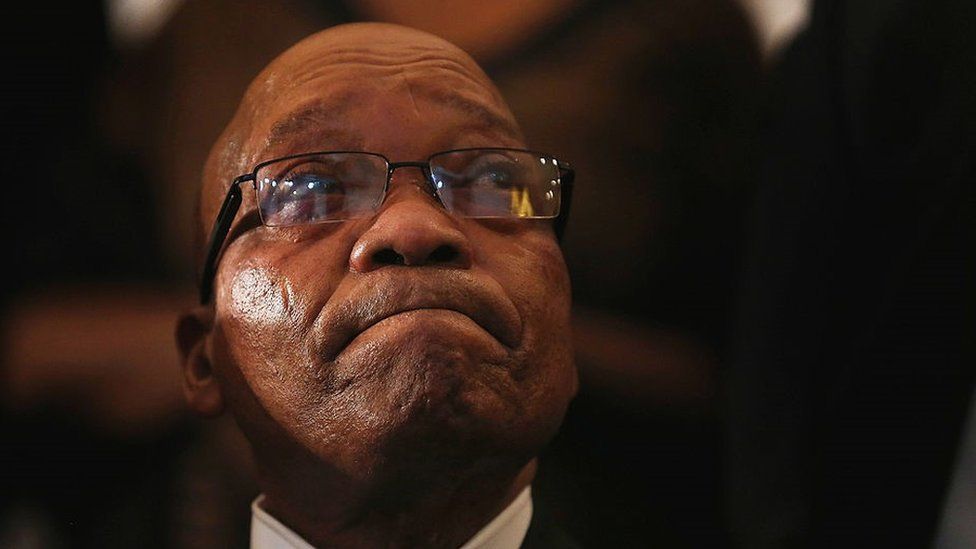 IMAGE SOURCE,GETTY IMAGES
IMAGE SOURCE,GETTY IMAGESIt reads like a playbook on how to corrupt a government.
Scandals and a systematic process of ridding key personnel from important government departments and lucrative state-owned enterprises, then replacing them with close allies and pliant officials were hallmarks of Jacob Zuma’s nine-year term as president of South Africa, a damning report has found.
In his mammoth 874-page report into allegations of high-level corruption under Zuma, Judge Raymond Zondo found that the former president advanced the interests of the Indian-born Gupta family and close allies at the expense of the people of South Africa.
Both Zuma and the Gupta family have previously denied any wrongdoing.
The inquiry found there were patterns of abuse at every stage of public procurement and that governance had collapsed at state companies.
The process, referred to as “state capture”, describes a form of corruption in which businesses and politicians conspire to influence a country’s decision-making process to advance their own interests.
The Guptas, who moved to South Africa in 1993, owned a wide-ranging portfolio of companies that enjoyed lucrative contracts with South African government departments and state-owned companies.
They also employed several Zuma family members – including the president’s son, Duduzane – in senior positions.
Tax authority targeted
Justice Zondo found that the South African Revenue Services (Sars), once regarded as a world-class tax institution, was one of the key departments targeted for state capture because “its investigatory and enforcement capacity was a hurdle to people involved in organized crime”.
Under the leadership of Tom Moyane, a Zuma ally, the institution was systematically and deliberately weakened, the report found.
More than 2,000 highly skilled senior staff members were lost, including investigators who were hounded out through a pervasive culture of fear and bullying.
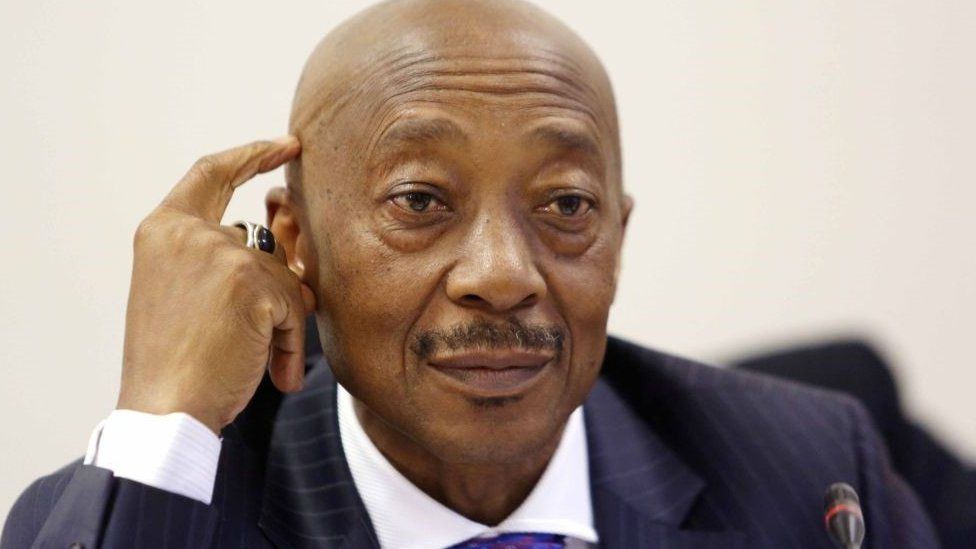 IMAGE SOURCE,GETTY IMAGES
IMAGE SOURCE,GETTY IMAGES“Zuma promised the job of Sars commissioner to Tom Moyane well ahead of the appointment being made despite the process then underway to select the appropriate person from amongst a large number of candidates,” the report said.
“The only feasible conclusion is that the organization was deliberately captured and President Zuma and Mr Moyane played critical roles in the capture of Sars and dismantling it in the way it was done during Mr Moyane’s term as Commissioner.
“What occurred at Sars was inevitable the moment Mr Moyane set foot there. He dismantled the elements of governance one by one. This was more than mere mismanagement. It was seizing control of Sars as if it was his to have,” it continued.
The Commission recommends that Mr Moyane “be charged with perjury in relation to his false evidence presented to parliament.”
No recommendations to charge him with corruption have been made so far, nor has he made any comment in the wake of the report.
Airline ‘racked by fraud’
Also heavily implicated is another close Zuma ally and former South African Airways (SAA) Board Chairperson, Dudu Myeni, her son Thalente, and several other former senior SAA officials.
Under Ms Myeni’s watch, SAA descended into “an entity racked by corruption and fraud”, the report says.
Justice Zondo found that there was “overwhelming and corroborated” evidence that Ms Myeni was unlawfully benefitting from State Security Agency (SSA) resources and enjoyed the protection of undercover operatives, trained overseas in counterintelligence strategies and intelligence gathering.
The report noted that her links to top SSA officials revealed “how powerful Ms Myeni was and how close she was to President Zuma”.
She has not commented.
Justice Zondo accused Zuma of fleeing the commission “because he knew there were questions that would be put to him which he would not have been able to answer. This is the antithesis of accountability.”
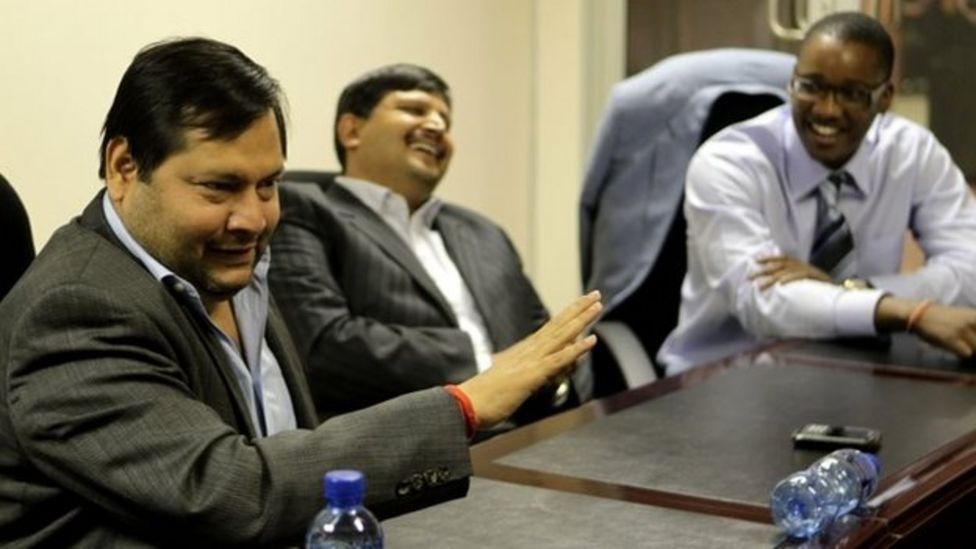 IMAGE SOURCE,GETTY IMAGES
IMAGE SOURCE,GETTY IMAGESZuma refused to cooperate with the inquiry, arguing that Justice Zondo was biased against him. This led to the former president’s imprisonment in July 2021 for contempt of court.
He was released on medical parole in September before being ordered back to jail by the high court in December.
Zuma has appealed against the decision and so remains on parole.
The commission’s proceedings spanned more than 400 days over three years, with more than 300 witnesses appearing. More than 1.7 million pages of documents were presented as evidence.
Legal battles lie ahead
While the commission is an inquiry and has no prosecuting powers, an amended regulation passed by President Cyril Ramaphosa at the end of July allows law enforcement agencies to access information gained at the commission.
It also allows for the commission’s staff to take up employment or be appointed on a consultancy basis by law enforcement agencies in order to speed up prosecutions.
The National Prosecuting Authority has been battling to extradite the Gupta brothers, Atul, Rajesh and Tony.
Their current whereabouts are unknown, after they fled to the United Arab Emirates (UAE) in 2018, shortly after Zuma was removed from office.
It is likely that Zuma, Mr Moyane, Ms Myeni and others who have been implicated by Justice Zondo’s report will want to have the findings tested in a court of law – as the revelations are not definitive.
Given what has transpired over the past few years in state-capture related cases, a long, protracted legal battle is likely to ensue.
This was just the first of Justice Zondo’s reports into allegations of corruption under Zuma. Two more will be published before the end of February.

